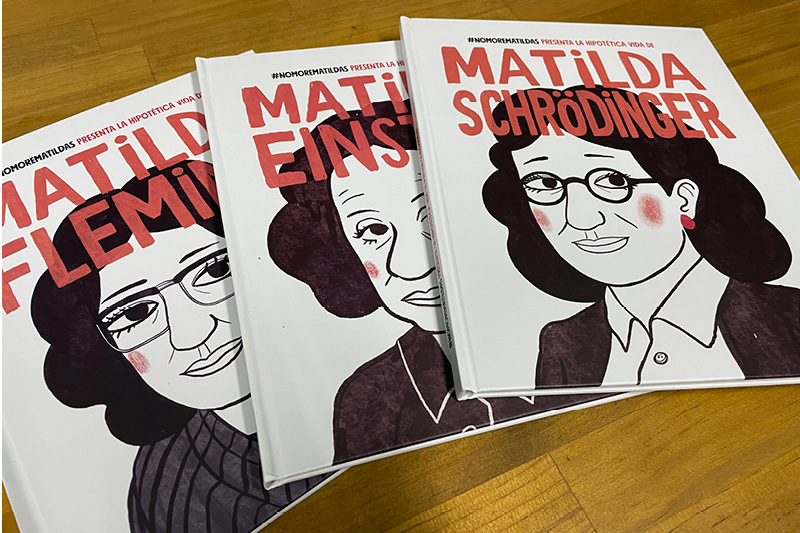El jueves 11 de febrero la profesora del grupo GER Berta Galán participo en el Dia Internacional del la Mujer y la Niña en la Ciencia dando una conferencia a alumnos de 4 de ESO en el Instituto de Educación Secundaria Miguel de Unamuno.
Las alumnas y los alumnos disfrutaron de la charla y participaron con atención. Varios alumnos y alumnas preguntaron sobre la forma de aumentar la presencia de mujeres en la carreras de ciencias e ingeniería.
La conferencia se inicio con mujeres investigadoras actuales famosas en areas de ciencias: Katalin Kariko, bioquimica que entendio como usar el ARN mensajero para curar enfermedades, y Susan Solomon que postulo el mecanismo del agujero de ozono antártico. Luego se fue explicando la labor de mujeres investigadoras menos famosas cuyo trabajo del día a día impacta en la sociedad.
Animaros chicas a estudiar carreras de Ciencias e Ingenierías

